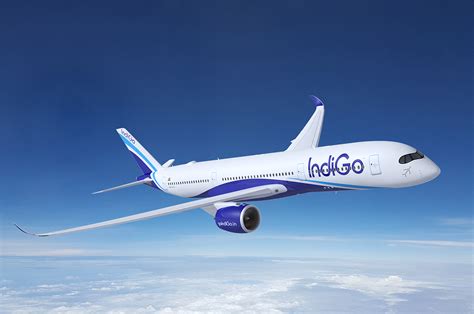The current political tensions in the Ukraine have resulted in economic sanctions imposed by the US and its western allies on Russia. We have no interest in politics, but when political actions impact the industry, it hits our radar screen. The aerospace industry is global, and just like dropping a pebble into a pond, the impact will ripple to the other side. Here, those ripples could have major impacts.
First, some basic facts. Russia is the world’s largest supplier of titanium to the aerospace industry. Titanium is a vital component to both civil and defense programs, and aerospace manufacturers around the world, including Airbus and Boeing, rely on titanium from Russia.
Boeing and VSMPO, the Russian titanium producer, even have a joint venture founded in 2007 to manufacture parts for the 787 Dreamliner, as highlighted here. Airbus recently extended its 20 year partnership, as shown here. Clearly, Russia is an important raw material supplier to the industry, with Boeing alone expected to purchase $27 billion in titanium from Russia over the next 30 years.
What would happen if Russia cut off the supply of titanium due to sanctions? Would Airbus and Boeing be able to maintain production for long, given the proclivities in the industry for “just in time” inventories? Forget about the production increases, meeting today’s capacity could quickly become an issue.
Second, Russia has become a significant market for western aircraft and products. Let’s look at a few programs that could be impacted:
Sukhoi’s Superjet uses numerous western components, including engines from Snecma, a unit of Safran in France.
The Irkut MS-21/Yak 242 plans to use the Pratt & Whitney GTF engines as well as other western suppliers.
Bombardier had reached agreement to build the Q400 in Russia, which is now apparently delayed indefinitely, as well as the orders for 100 aircraft that resulted from that deal. Are the CSeries orders from Ilyushin Finance also in jeopardy?
The 737, 747-8, 777, and 787 at Boeing all utilize Russian titanium. There are numerous Russian orders for aircraft from Aeroflot, S7, and Volga-Dneper that could be impacted by sanctions in the near term.
The A320, A330, A350 and A380 also use Russian titanium and have numerous Russian orders from Aeroflot, Transaero and others that could be impacted by sanctions in the near term.
In an interconnected global industry, an impact isolating one player will result in negative impacts on other players, whether intentional or not. In this instance, the impacts could be quite significant, in the billions of dollars in 2014 alone.
The problem with economic sanctions is that they don’t work well in today’s interconnected world, and each side ends up losing, including the one imposing the sanctions. Imagine if a lack of titanium caused layoffs in Renton or Everett or Toulouse or Hamburg? Rash actions from Washington and its allies can have unanticipated consequences, and the impacts on aerospace could potentially be significant.
We hope that rationality prevails, but haven’t seen much of that coming out of any political body in recent years. Just when our industry seemed to be humming along quite well, another exogenous event threatens to impact the bottom line, and lower our expectations for what appeared to be a promising 2014.
Views: 1




